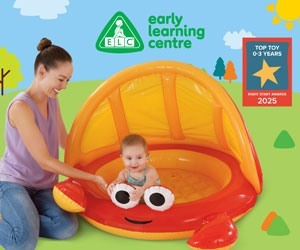Coming to terms with conflict
Published
As the conflict in the Middle East continues to occupy front page news, children may be struggling to cope with the videos, images and descriptions of events they are seeing on TV and social media.

Parents naturally do all they can to prevent young children seeing distressing material, but it can be hard to make sure they aren’t exposed to things that may upset and disturb them. Parents and carers may also feel ill-equipped to answer questions about war and conflict.
Child psychologists from the British Psychological Society’s Division of Educational and Child Psychology have provided advice to help parents have those difficult conversations and engage with their children’s questions and emotions. Professor Vivian Hill, a member of the BPS’s Division of Educational and Child Psychologists, says: ‘Some children will need reassurance that they are safe, while older children may need support to understand the complexities of the situation. By taking the time to listen, and to help them process their own thoughts, parents can provide comfort and help children cope with difficult feelings.’
Professor Hill advises:
1. Manage your emotions so you can help your children manage theirs.
Give yourself some time and space to process your own feelings and reactions before talking to your children and then you’ll be in a better place to help them process theirs.
2. Use open questions to explore your children’s experiences and feelings and use these as a starting point.
Ask children what they have heard and seen and how they are feeling. This allows them to talk about their personal perspectives and understandings first, so you can focus on their needs rather than your assumptions about how they might be feeling. Using open and neutral questions avoids signalling to them that they should be worried or upset.
3. Acknowledge the horror of war
As they grow up, children develop their own understanding of social injustice, inequality and the horror of war. This can make them feel angry, frightened or unsafe. Helping children learn how to process difficult information, feelings and emotions is a key role for parents and carers.
Letting your children see how you cope with this information will help them to cope too. That might be showing how much news you can cope with and explaining why. You might say: ‘This is upsetting me. I’m going for a walk, do you want to come too?’, moving on to doing something you enjoy together.
4. Focus on the importance of peace and unity
All wars involve propaganda and difficult narratives, so try to maintain a balanced view and a focus on peaceful outcomes. Whatever position you take, talking about the importance of ending the war and hostilities, on keeping people safe, and promoting peaceful solutions, will help your children feel reassured.
Visit www.bps.org.uk







